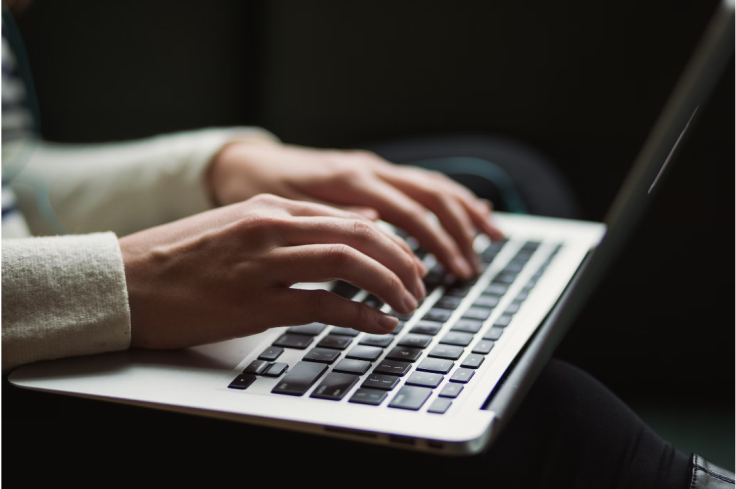AI Technology Has Begun Copying Nonfiction Works; Authors Start Suing OpenAI, Microsoft
ByIn a landmark lawsuit, nonfiction authors, led by plaintiff Julian Sancton, have taken legal action against Microsoft and OpenAI, accusing the tech giants of training their AI ChatGPT tool to replicate nonfiction works without the authors' consent. The lawsuit, filed in the Manhattan federal court, claims that thousands of authors, including Sancton, were not compensated for the unauthorized use of their intellectual property.

Allegations of Rampant Copyright Infringement
The complaint alleges that Microsoft and OpenAI, in developing and commercializing their AI products, engaged in widespread copyright infringement by reproducing and utilizing millions, if not billions, of copyrighted nonfiction works without obtaining proper authorization or providing compensation to the authors.
The synergy between Microsoft and OpenAI in developing AI-driven products, notably the widely-used ChatGPT chatbot, has yielded substantial financial gains. The legal action asserts that despite reaping billions in revenue from their AI ventures, the companies have failed to recognize or compensate nonfiction authors whose contributions played a pivotal role in shaping these technologies.
The lawsuit underscores a disparity between the lucrative outcomes of AI commercialization and the alleged oversight in compensating the intellectual contributions of nonfiction authors, sparking a legal battle that could influence the acknowledgment and remuneration of content creators in the evolving landscape of artificial intelligence.
The Foundation of OpenAI's Platform
The heart of the complaint lies in the assertion that OpenAI's platform is built upon the "rampant theft of copyrighted works." Nonfiction authors, who invest years in research and creation, claim that their contributions were exploited without compensation, forming the foundational basis for OpenAI's AI models.
The lawsuit contends that Microsoft and OpenAI worked closely to create and deploy AI-powered products capable of recognizing and processing text inputs to generate human-like responses. The collaboration allegedly involved the commercial reproduction of copyrighted works on an enormous scale, without obtaining proper licenses or permissions from the authors.
The legal action unfolds against the backdrop of recent turmoil within OpenAI, where CEO Sam Altman was temporarily ousted due to an internal investigation. Altman's return and the threat of employee defections following his initial departure underscore the internal strife within the company, adding a layer of complexity to the lawsuit.
ChatGPT's Industry Impact
OpenAI's ChatGPT, introduced in November, quickly became a trailblazer in AI-powered chatbots, setting a new standard for human-like responses to user queries. The tool's popularity prompted other major tech players, including Microsoft, to announce or launch their own AI-based services.
Julian Sancton, representing the group of nonfiction authors, seeks damages from Microsoft and OpenAI for the alleged widespread infringement of copyrighted works. The lawsuit aims for both financial compensation and injunctive relief, highlighting the seriousness of the copyright infringement claims.
As technology advances, the legal battle initiated by nonfiction authors against Microsoft and OpenAI highlights the pressing need to address intellectual property rights in the realm of artificial intelligence. The outcome of this lawsuit could set a precedent for how AI developers collaborate with and compensate content creators in an era dominated by technological innovation.
RELATED ARTICLE : Rise Of AI And ChatGPT Encourages Collaboration With Academic Writers
© 2025 University Herald, All rights reserved. Do not reproduce without permission.








